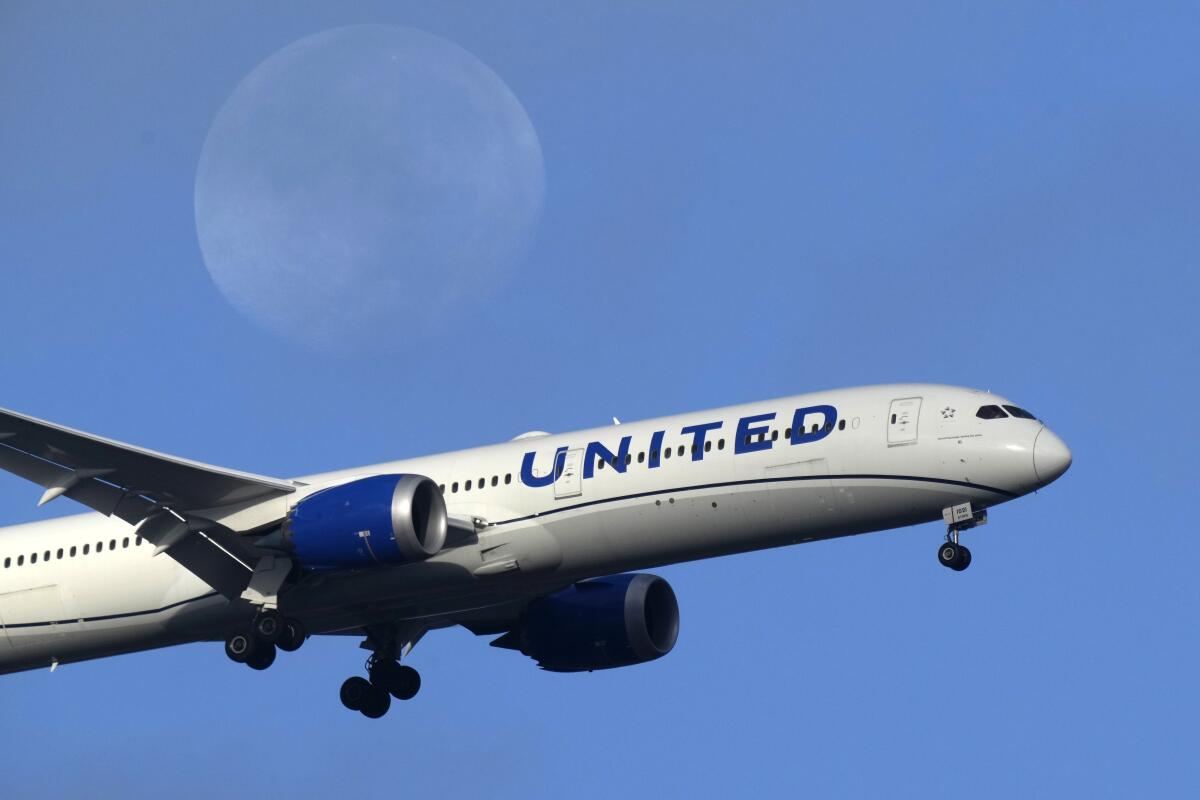In a startling incident last week, two passengers aboard United Airlines Flight 2428 were injured as the aircraft maneuvered to avert a potential midair collision. The flight was en route to San Francisco from Newark Liberty International Airport when the crew received a crucial alert about another aircraft in the vicinity. This event raises significant questions about air safety protocols and the effectiveness of current aviation technology in preventing accidents.
The Federal Aviation Administration (FAA) reported that at approximately 12:45 p.m. on Thursday, the Boeing 757-200 received a traffic collision avoidance system alert while flying through the Oakland Air Route Traffic Control Center Airspace. Such alerts are critical, instructing pilots to take preventive measures against possible midair incidents.
According to the National Business Aviation Association, the alerts can prompt pilots to either climb, descend, or alter their vertical speed. This procedure acts as a last resort to prevent midair collisions. In this case, the United Airlines flight adjusted its descent to accommodate another aircraft flying at a lower altitude.

Despite the alarming situation, United Airlines confirmed that the aircraft landed safely at San Francisco International Airport. However, two passengers reported possible injuries, with one individual being out of their seat at the time of the incident. Thankfully, they were promptly transported to a hospital for further evaluation.
The FAA is currently investigating the matter, and details regarding the injuries sustained by the passengers remain unclear. Furthermore, information about the other aircraft involved in the near collision has yet to be disclosed. Such incidents highlight the importance of vigilance and readiness in the aviation industry to ensure passenger safety and avert potential disasters.




